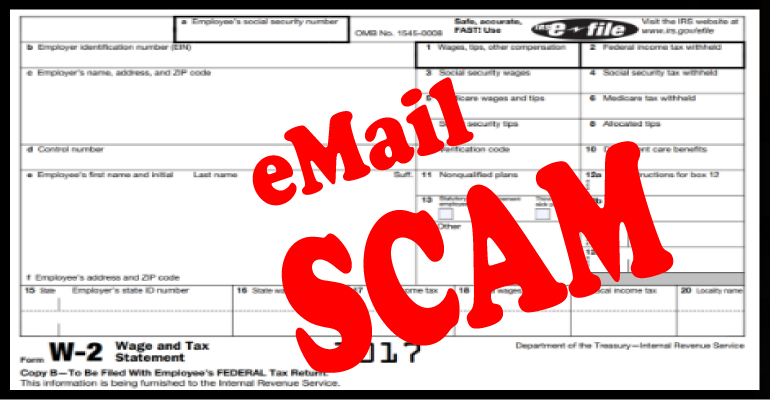
Compliance Areas to Consider for a Growing Company
As your company grows, it’s important to pay close attention to federal laws and obligations that are based upon the size of your company. The bigger the company, the more regulations are set into place. Making sure that you follow these standards correctly is important to protect the healthy, safety, and welfare of your employees.
1+ Employee
Fair Labor Standards Act – Employers have to pay close attention to how they classify (exempt vs non-exempt) and pay their employees, while utilizing overtime and child labor standards.
Immigration Reform and Control Act – Employees must supply employers with up-to-date I-9 Forms to prove they can legally work in the United States.
Employment Retirement Income Security Act – Private health and pension plans provided by the employer must disclose information such as funding, plan features, and responsibilities to all participants of the plan.
Federal Income Tax Withholding – Employers have to withhold and pay a set percentage of an employee’s paycheck to the federal government.
Federal Insurance Contribution Act – Employers have to withhold and pay a set percentage of an employee’s paycheck to the federal government for Social Security and Medicare.
Equal Pay Act – Employers must pay men and women the same wages for completing the same job.
Uniformed Services Employment & Reemployment Rights Act – Employers must allow employees to be absent from work for military duty, giving them the right to re-obtain their employment status at the company for up to five years. This also includes making reasonable accommodations to veterans with disabilities.
National Labor Relations Act – Employers must not prohibit or discipline employees for joining or forming unions.
Uniform Guidelines for Employment Selection Procedures – Employers may not discriminate applicants or employees based on their gender, race, religion, color, or national origin.
Employee Polygraph Protection Act – Employers may not use lie detector tests in pre-employment screenings or during employment.
Sarbanes-Oxley Act – Public companies have to follow set mandates to provide corporate responsibility, combat fraud, and serve financial disclosures.
Consumer Credit Protection Act – Employee wage garnishments must be followed by the employers.
Fair & Accurate Credit Transactions Act – Employers must take proper care and disposal of consumer credit information to stop and prevent unauthorized access.
Health Insurance Portability & Accountability Act – Employers may not receive any employee health care information from health care providers.
Occupational Safety & Health Act – Employers must provide safe employment conditions, hazard communication, and personal protective equipment which is set and required by federal standards.
11+ Employees
Record Keeping, the Occupational Safety & Health Act – Employers are required to maintain records in compliance with OSHA.
15+ Employees
Americans with Disabilities Act – Employers are not able to discriminate against employees who have disabilities in employment, transportation, communications, etc.
Genetic Information Non-Discrimination Act – Employers are not able to discriminate against employees based on their medical information, diseases, genetic risk factors, etc.
Title VII Act, Civil Rights Act of 1964 – Prohibits sexual harassment and other types of discrimination in the workplace.
20+ Employees
Age Discrimination in Employment Act – Employers are not able to discriminate against employees who are the age of 40 or older.
Consolidated Omnibus Budget Reconciliation Act – Employers are required to offer the option to continue health insurance for covered employees 18-36 months after they have been ceased from employment. However, the employees may be required to pay full insurance premiums.
50+ Employees
Affordable Care Act – Employers with 50 or more full time equivalent employees are classified by the ACA as Applicable Large Employers. This means that they now must offer affordable health insurance options with strict recordkeeping standards.
Family & Medical Leave Act – Eligible employees who have just experienced a birth, adoption, foster placement, or serious illness within the immediate family should be offered up to 12 weeks of unpaid, job-protected leave by the employer.
Affirmative Action Program – Employers must put programs into place that provide employee recruitment and training to those who are minorities, women, disabled, and/or veterans. This process must be accompanied with recordkeeping of requirements.
100+ Employees
Worker Adjustment Retraining Notification Act – Employees must be notified by the employer of mass layoffs and workplace closings at least 60 days beforehand.
EEO-1 Survey Filing – Employers must maintain diversity records for individuals and the workplace, in agreement with Title VII.
Employers with Federal Contacts, Any Size
No matter the size of the business, there are additional compliance requirements while maintaining a federal contract which are mandated by the law. These include:
Davis Bacon Act – U.S. requirement that enforces paying the prevailing wages on public works projects for employees who work on it.
Drug Free Workplace Act – Employers must enforce regulations to prohibit employees from using, distributing, manufacturing, or having possession of controlled substances.
Contract Work Hours & Safety Standards Act – requires employers with covered contracts to pay employees one and one-half times their hourly base pay for every hour worked over 40 hours in one workweek. This also enforces employers to maintain a sanitary, hazardless, danger-free working conditions.
McNamara-O’Hara Service Contract Act – requires employers involved in services with prime contractors with an excess of $2,500 to pay employees no less than wage rates and benefits found prevailing.
Copeland Act – Prohibits a federal building contractor from giving p any of the compensation that they have received and is entitled to under their employment contract.
Walsh-Healy Act – Requires employers engaged in manufacturing or furnishing materials and supplies to the U.S government or District of Columbia to pay employees who produces and handle these goods the federal minimum wage for all hours worked under all contracts exceeding $10,000.
Executive Order 11246 – Established requirements for a non-discriminating workplace through practiced in hiring and employment.
Vocal Rehabilitation Act – Helps eligible participants pursue education, employment, and independent living situations through job training, medical services, etc.
Vietnam Era Veterans’ Readjustment Act – Designed to provide assistance to those who returned from war and protect them from employment discrimination.








